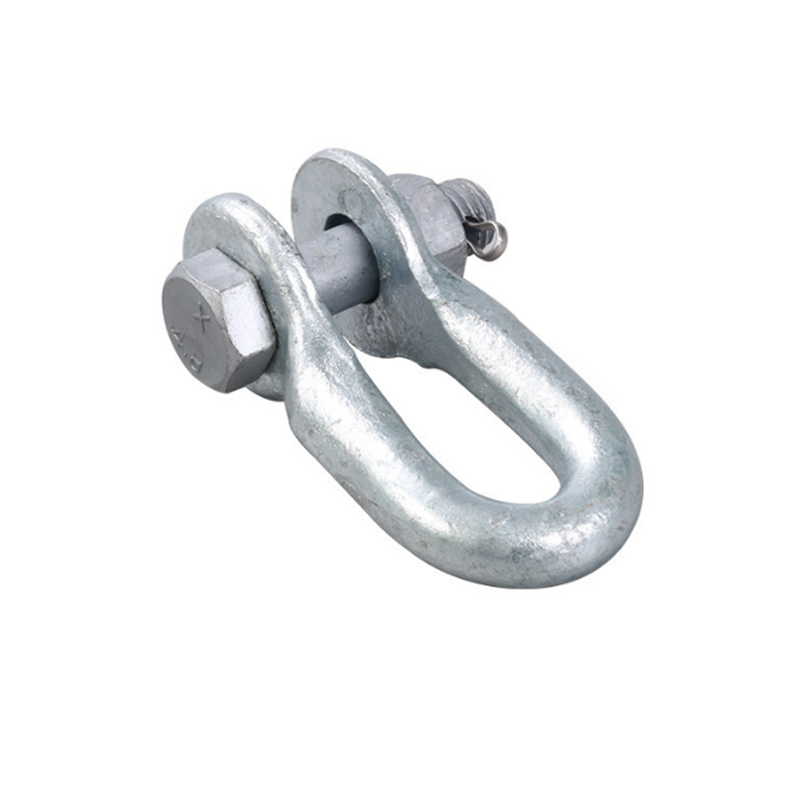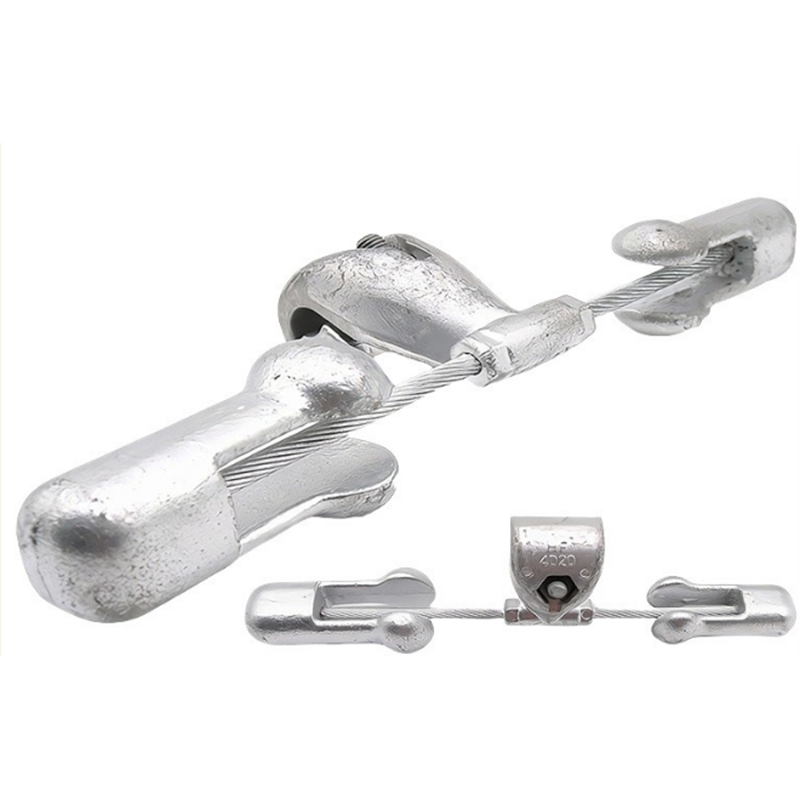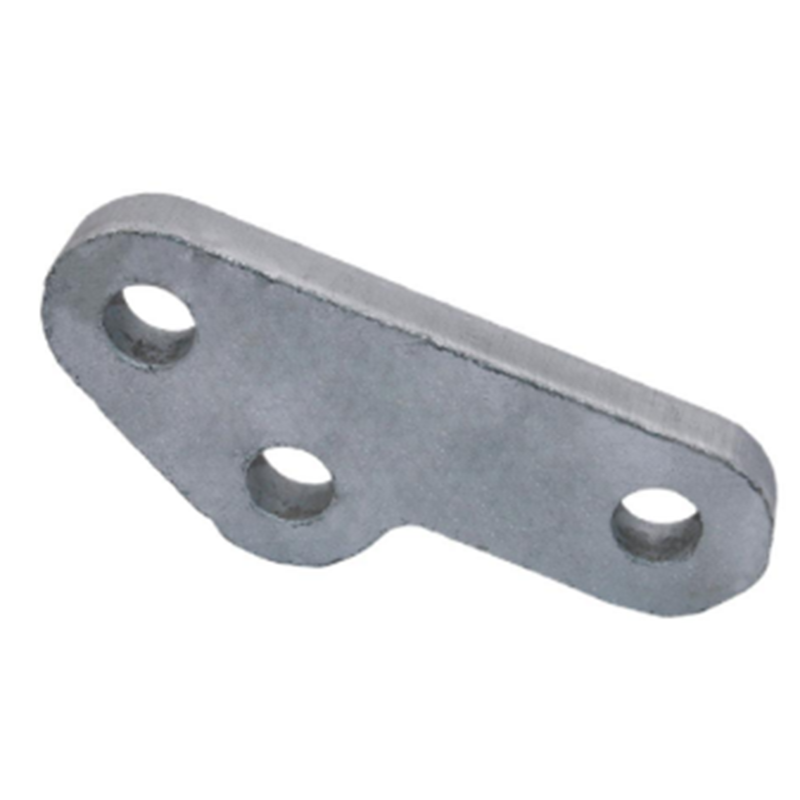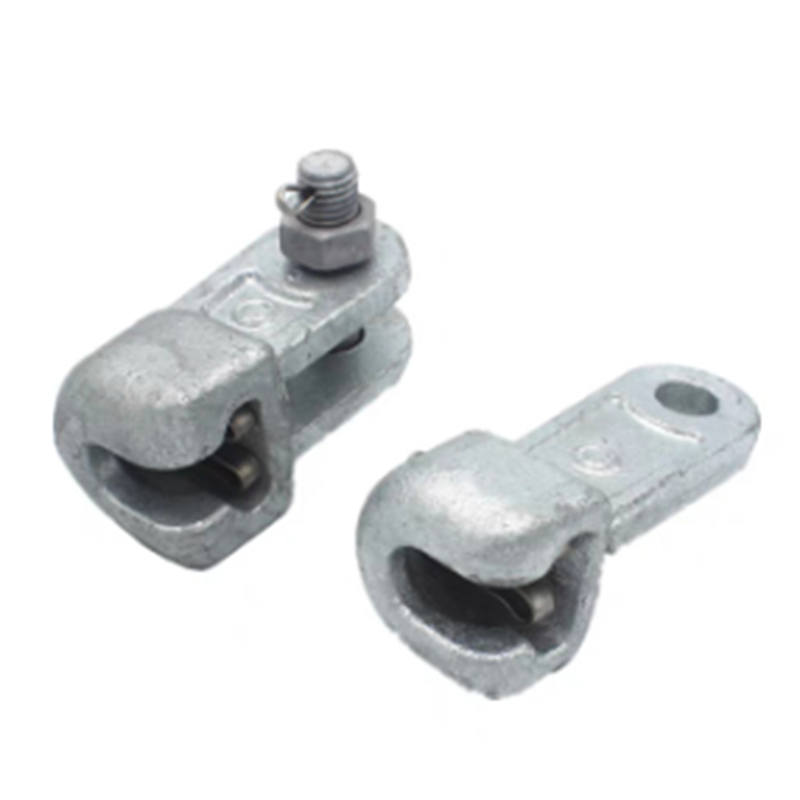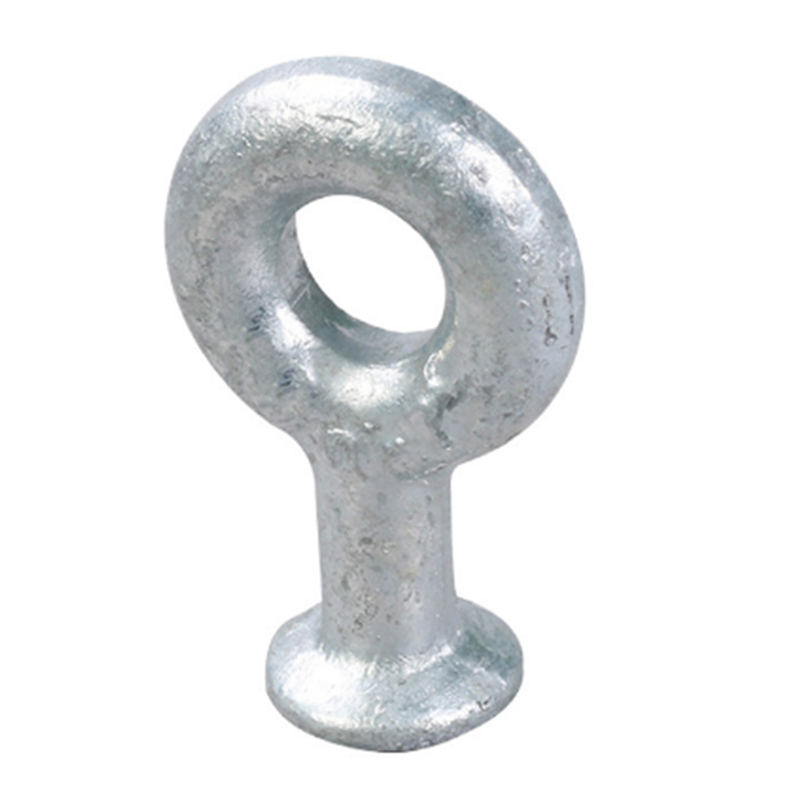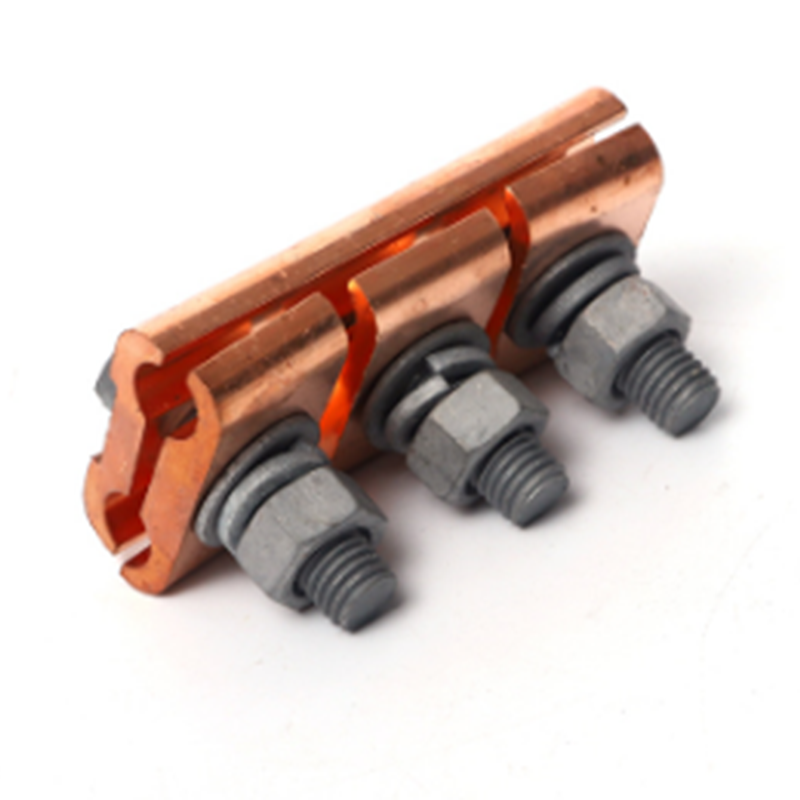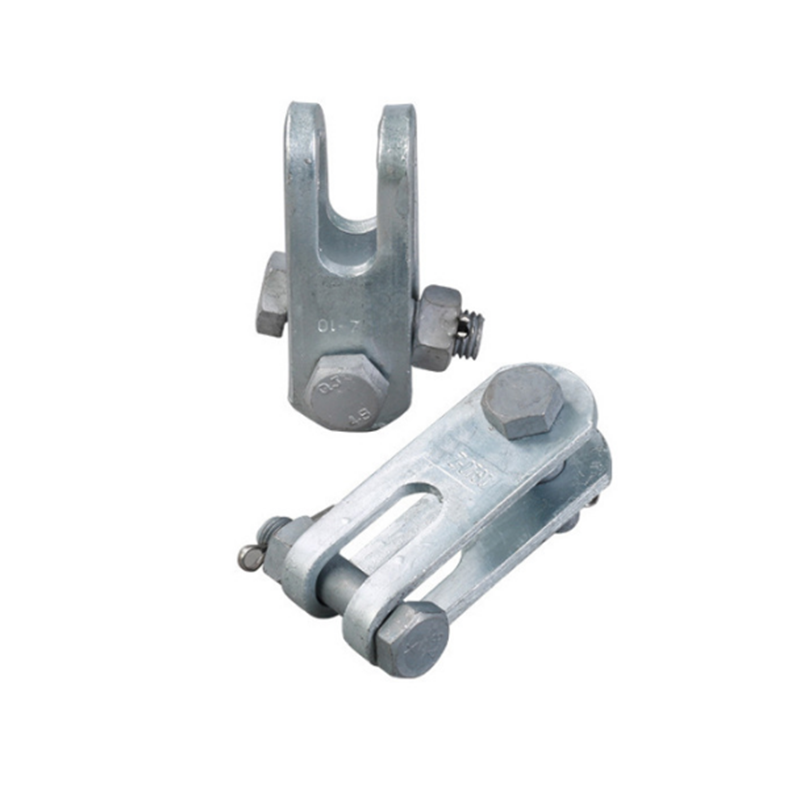
Nut and Bolt Shop
The Intricacies of Running a Nut and Bolt Shop
Opening a nut and bolt shop seems straightforward but is riddled with challenges. Many assume it's just about stocking hardware, yet anyone in the trade knows it's more intricate. From my years navigating both retail and manufacturing in this field, insights surface that outsiders might miss. At first glance, Shengfeng Hardware Fastener Factory’s detailed approach stands out, supported by strategic location advantages and a focus on variety.
Understanding the Basics
Let’s start simple: you need to stockpile a wide range of fasteners—spring washers, flat washers, nuts, and expansion bolts, just like those at Shengfeng Hardware Fastener Factory. Being nestled in Yongnian District's industrial hub offers strategic benefits, connecting to National Highway 107 for efficient logistics. Location impacts everything from shipping costs to customer convenience. I've often found that proximity to transport routes can shave weeks off lead times, crucial for customer satisfaction.
Consider your store layout. Grouping similar items, labeling clearly, and ensuring accessibility can streamline customer journeys. Remember, it’s not just about what products you stock but how easily people can find them. The tactile nature of our business means your clientele wants to feel the weight and finish of a piece, and a well-organized shop enhances that experience.
Categorization is king here. You don't want customers sifting through bins aimlessly. Sections should be clear and logical, much like Shengfeng's structured approach to categorizing over 100 specifications.
Managing Inventory Complexity
Inventory management isn’t just keeping count. It's about anticipating demand and preventing stockouts, especially when dealing with high-spec requirements. The balance between holding costs and service levels got clearer after numerous missteps—like overinvesting in slow-moving stock, which ties up capital but doesn't generate revenue.
I’ve found regular inventory reviews indispensable. The seasonal swing can often trick those new to the business, leading to overstock or worse, being unprepared for a rush. A method we’ve adopted involves cross-referencing sales data and supplier lead times, ensuring we align inventory levels with market dynamics. Here, tools like inventory management software become valuable allies, helping to track trends and predict future needs.
What I respect about Shengfeng is their wide array of fasteners. Having over 100 specifications is no small feat, and managing such diversity requires an acute understanding of inventory dynamics and customer needs.
Building Supplier Relationships
Critical to success is nurturing supplier relationships. Good deals often come from trust and reliability built over time. Early on, I gambled on unknown distributors—a mistake. Later, I realized the importance of vetted, reliable suppliers, similar to Shengfeng's trusted network.
Regular communication is key. Keeping them informed about your business strategies and needs ensures you're top of mind when advantageous deals arise. Negotiating terms isn't just about price; it encompasses credit terms, delivery flexibility, and product quality. Learning from partners like Shengfeng, with their established production capabilities, guides smaller operations in scaling effectively.
Not to overlook, honesty is paramount. When unexpected issues arise, transparency helps resolve disputes amicably, further cementing these crucial connections.
Customer Engagement and Retention
Customer service can’t be an afterthought. In a sector often seen as transactional, genuine engagement can differentiate you. A lesson from working in this domain: technical knowledge becomes your best sales tool. Customers value advice on product selection, installation, and even troubleshooting.
Host regular workshops or hands-on sessions. It’s an opportunity not just to showcase stock but demonstrate expertise. Particularly with complex products like expansion bolts, explaining installation nuances can be the difference between a return and a loyal customer.
Feedback loops are equally important. Promptly addressing concerns and adapting inventory based on customer preferences builds loyalty. Shengfeng's approach of combining manufacturing expertise with customer feedback loops in product development is a strategy worth emulating.
Adapting to Change
The industry isn't static. Technological changes, eco-friendly demands, and shifting market requirements mean adaptability is crucial. I've seen trends come and go, but those who survive embrace change early. Whether it’s integrating digital catalogs on your site or adopting eco-friendly materials, show you’re forward-thinking.
Embracing e-commerce while maintaining traditional sales channels may seem daunting, but aligns perfectly with changing consumer behaviors. Shengfeng's strategic online presence via their site, https://www.sxwasher.com, highlights the balance between brick-and-mortar and digital avenues.
Moreover, continuously training your team ensures they can handle both the old and the new, staying relevant and competitive in a fast-paced market.
Соответствующая продукция
Соответствующая продукция





